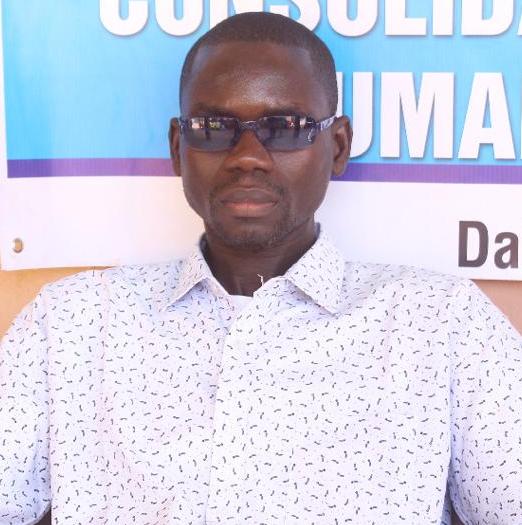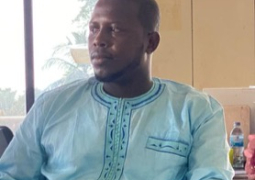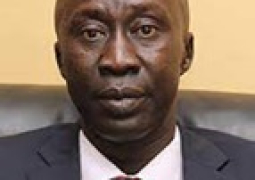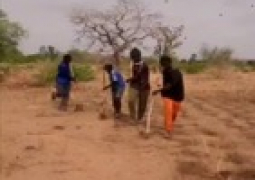
He added that that was why within the framework of their mandate to create and sustain awareness of constitutional democracy for the achievement of political, economic and social stability through civic education, they over the years have intensified their activities through mass media and country-wide public sensitisations on many critical issues such as national dialogue for democratic governance, tolerance and reconciliation.
Mr. Bojang further said that the activities were geared towards enlightening citizens especially women and young people in rural communities on the ethos of democracy and good governance as well as promote dialogue and reconciliation to ensure peaceful coexistence in the country.
He made these remarks at the opening of a 6-day training for out-of-school youth on leadership, civic rights and duties to prepare them for transition to adulthood. The training was organised by his office and funded by UNICEF.
The trainings were held in Mansakonko and Kwinella in the Lower River Region; Wassu and Janjanbureh in Central River Region; Nyakoi/Taibatu and Basse in Upper River Region.
The theme was “Catching them young: cementing patriotism and responsible citizenship among young people.”
The trainings were designed to provide youth information on leadership, civic rights and duties as a means of enabling and enhancing young people’s participation in matters of governance and enhance a culture of constitutionalism where citizens uphold and defend the highest law of the land.
It is also aimed at promoting patriotism, responsible citizenship and civic consciousness as well as leadership skills among young people who are undoubtedly the future of the country, in an effort to prepare them for their transition to adulthood and positively contribute to national development.
Mr. Bojang noted that NCCE attaches great significance to the participation of young people in our governance processes, noting that it is an understatement to say young people are the cream of the society and have a critical role to play in the prevention and resolution of conflicts and peace building.
The NCCE programme manager expressed his office commitment to double its effort as they embark on preparing for the 2021 general elections, saying there is need to provide the information required for the electorate particularly young people to make informed decisions based on issues rather than sentiments and to prevent unnecessary disputes.
“We will also continue with our determination to build and consolidate a mature political culture in which all citizens regardless of gender and age are more aware of, and fully exercise their rights and responsibilities, as well as participate effectively in nurturing and broadening our nascent democracy,” he noted.
For his part, the chairman of Mansakonko Area Council, Landing B. Sanneh, said the topic under discussion was inclusive and timely, noting that it would help to bridge the information gaps. He added that leadership is about taking the lead, making good decisions and taking responsibility in “urging youths to transition into adulthood and taking responsibilities.”
Chairman Sanneh tasked the participants to transmit the lessons learnt to their peers in their respective communities, while reminding them that The Gambia will always rely on youths for sustainable development.
He concluded by calling for more civic education and encouraged the NCCE to broaden its interventions to include all in the communities, including elites.





